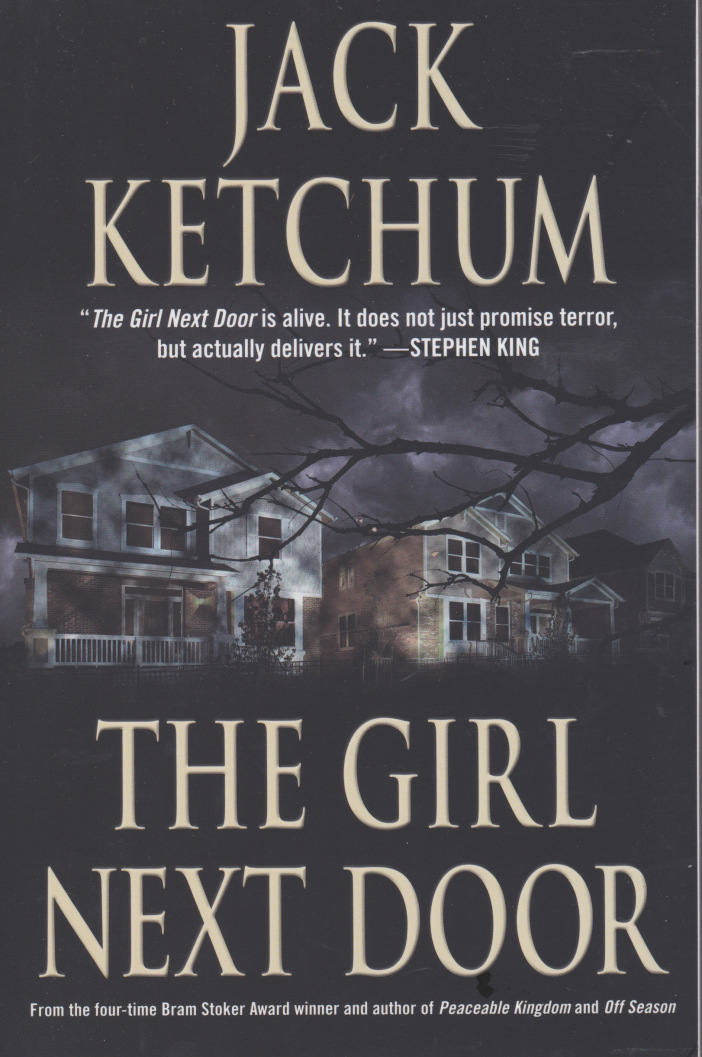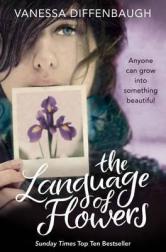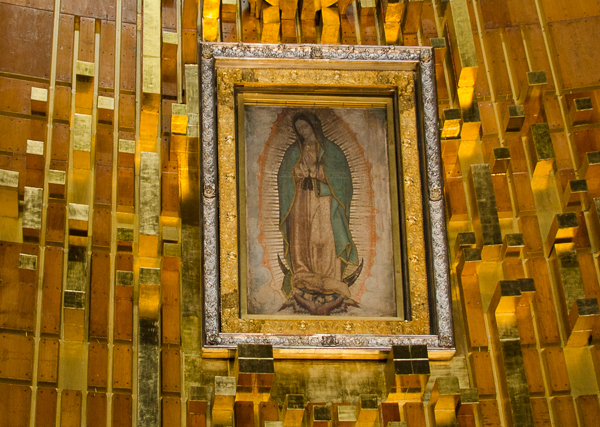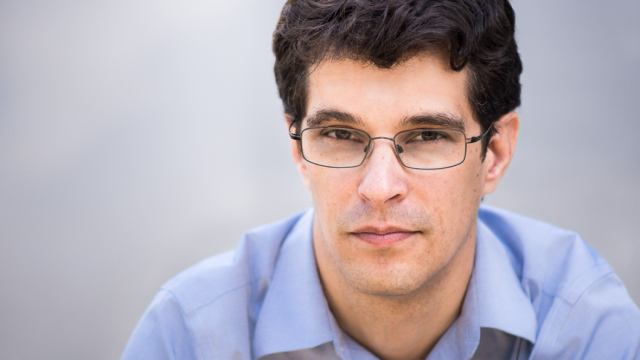
I stumbled upon an out-of-context interview with Steven Galloway, in which he reveals his motivations for writing The Cellist of Sarajevo. My Second Discussion Post discusses my speculations on Galloway’s messages in the novel. This interview, however, confirms his motivations, and I was rather surprised with the simple messages that I overlooked.
IT IS EASY TO HATE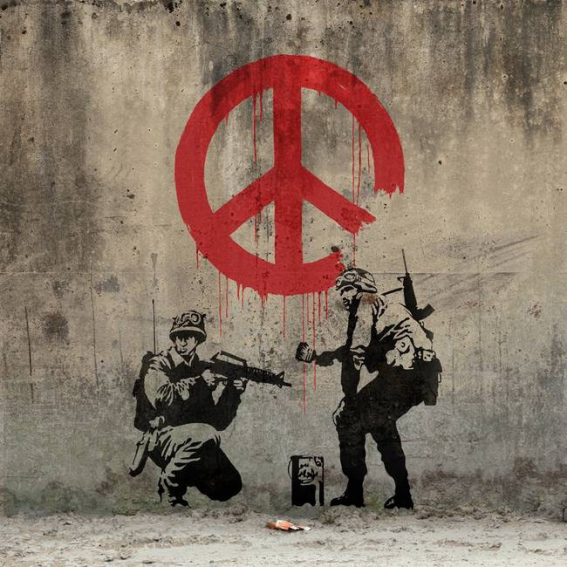
Hey there, dear reader! It brings me great joy to see that you have ventured into my domain. It is time to rejoice your appearance, because I love you. ❤
Actually, I was lying. I hate you. You’re an asshole. Get off my blog now.
I confess, that was a preposterous introduction. However, those two previous sentences evoked different emotions. The first was presumably creepy, while the second spawned feelings of anger. In the interview, Galloway presented a contrast to people’s responses in moments of love and hate. Love is difficult to achieve, while hate is summoned unbelievably easily.
If you give an amorous expression towards someone, reciprocated emotions are never guaranteed. Not to mention, that an arbitrary and blunt, “I love you” is often returned with confusion or skepticism.
A statement that resembles distaste towards you, immediately triggers a reciprocated response. Often, the statement does not even need to be delivered directly. If you are informed that someone hates you, you automatically feel negativity towards that person.
This reminds me of a bizarre social experiment, where a man roamed the streets of Paris with a sign that read, “Free Hugs.” He was ignored by most people. However, when he changed the sign to “Free Slaps,” the crowd obeyed. Humans mistrust random emotions of affection, but they submit to requests for violence.
The emotions of hate can explode easily. Galloway intends to exhibit this from the men on the hills. In the interview, he says, “What happens in the world is that we let other people tell us who to hate. Including the people we end up hating. That is exactly what happened in Sarajevo. One group of people were told by their leadership that another group of people hated them.” The book reveals the group’s solution, which was to spill innocent blood.
The despised group returns that hatred as the need for resolve surfaces. Often, they respond the same way. This is evident when Arrow is recruited by Karaman’s unit, and she is instructed by her supervisor, Hasan, to assassinate a civilian. It is an elderly man that freely roams Grbavica, which is territory occupied by the men on the hills. When Arrow refuses to snipe the harmless man, Hasan argues that, “He’s one of them. They are his sons, he is their father, or grandfather, or uncle. They have killed our fathers and grandfathers and uncles. […] They’re rapid animals. Killing them does the world a favour” (Galloway 225).
This is the main motivator for civilian executions among this war. These innocent individuals have no business in war, but that is invisible to the rival group. The rivals have adopted a blind malice, as they despise their enemies without reason. They are told to hate them. That is all.
WHY SARAJEVO?
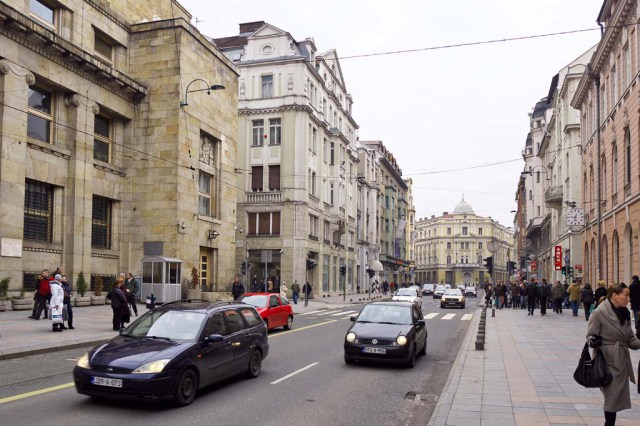 The new and improved Sarajevo after the war.
The new and improved Sarajevo after the war.
I have acknowledged that The Cellist of Sarajevo represents the harmless individuals who suffer during warfare. “We seem to completely ignore what war will do to people when war is not their business,” Galloway admits, “Journalists, politicians and soldiers […] they talk about infrastructure and how it will be destroyed and all that. We don’t talk about, you know, what it’s going to do to the guy that works at a bank or a bakery, when one day the electricity is off and the taps don’t bring water. Your bank card does not get money for you, and that one day lasts four years.” It is true that we ignore the annihilation of society’s regular routine, and the removal of necessities that we take for granted.
However, I never ignored the setting of the novel. Why did Steven Galloway choose Sarajevo? My previous posts mentioned my theory that this novel is a commemoration for a recent event that is widely disregarded. It shines light on an issue that is buried in the shadows. However, I learned that this is not the case.
Galloway aspired to recreate a modern siege. Therefore, the reader can become washed in the emotions of a contemporary world, rather than see this as a history lesson. The Cellist of Sarajevo reminds us that the atrocities of war continue, even in our developed society. Galloway clarifies that, “There’s a really short list of places to choose from in the first world that have undergone city sieges in the last thirty or forty years.” Describing war in the Middle East, for instance, does not apply, since they are third world countries. Sarajevo presented the ideal option to portray Galloway’s messages.
ART IS NOT A LUXURY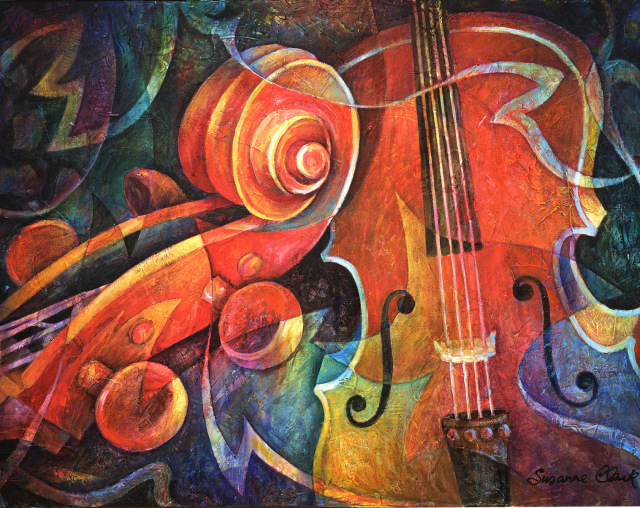 In my Grade 12 Interdisciplinary Studies (Link Crew) course, the class argued about the value of art. One incredibly intellectual student alleged that art is a luxury, and it is solely meant to entertain.
In my Grade 12 Interdisciplinary Studies (Link Crew) course, the class argued about the value of art. One incredibly intellectual student alleged that art is a luxury, and it is solely meant to entertain.
“Art is not a luxury item. This is how we view art and entertainment in the west,” Galloway explains, “When you’re under siege and in a war, and all sorts of situations that are dehumanizing, it’s more important, probably, to have things like music, and other artistic forms to remind you of the fact that you are not an animal. That you are not the dehumanized drone that the conditions are trying to make you into.”
My Third Discussion Post particularly focuses on the rejuvenating effect of music in regards to regaining humanity. However, I missed Galloway’s intention to explain that all art is not only a luxury, but a powerful tool.
It is easy to consider art a simple luxury. We seek artistic entertainment before falling asleep, while waiting on an airplane or while taking a shower. However, when lost in the misery of a broken heart, we frequently rely on music. When depleted, we find escape or reassurance from books and movies. Art is expression, medicine and communication that we can not convey in words.
The credible Oscar Wilde once said that, “All art is quite useless.” Although, Galloway believes that Wilde was incorrect. We must remember that arts provides stability for our emotional state through internal healing.
SOURCES
Banksy. “Soldiers Painting Peace.” Genius, Genius Media Group Inc. <https://genius.com/Three-days-grace-nothings-fair-in-love-and-war-lyrics>.
Clark, Susaanne. “Dynamic Duo.” Life as a Human, Synaptic Systems Inc., 21 Jan. 2014. <https://lifeasahuman.com/2014/virtual-art-gallery/music-for-the-eyes/>.
Raud, Frances. “Seven Galloway.” cbcnews British Columbia, CBC Radio-Canada, 18 Nov. 2015. <http://www.cbc.ca/news/canada/british-columbia/steven-galloway-suspended-ubc-creative-writing-program-1.3325433>.
Raicevic, Ribo. “Sarajevo – main street 14.03.2015.” Google Maps, Panoramio, 16 Mar. 2015. <http://www.panoramio.com/photo/117807132>.
Advertisements Share this: